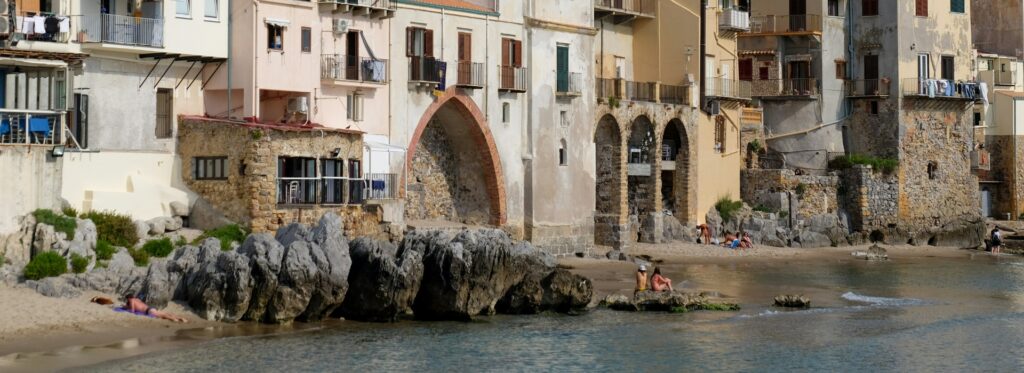The Second Mediterranean Assessment Report (MAR2) will provide updated scientific knowledge on climate and environmental challenges, with a focus on the Mediterranean’s unique characteristics. It will assess progress in science since the First Mediterranean Assessmnent Report (MAR1), and identify new knowledge and actions needed to address climate-related challenges. It aims to extend the scope of of MAR1 concerning social sciences and it will consolidate assessments of adaptation and attenuation policies and governance.
Experts from across the Mediterranean developed the MAR2 draft outline during an online scoping meeting in April 2025, building on insights from a pre-scoping survey. The outline now defines the report’s structure, chapters, and key themes, and a solid framework guiding the drafting phase ahead.
The outline comprises 7 chapters, each addressing critical dimensions of climate and environmental change in the Mediterranean, validated by the MEdECC Steering Committee and further adjusted through an online consultation with stakeholders (Plan Bleu, UfM and UNEP/MAP).
Authors have been appointed to lead the preparation of each chapter, representing diverse disciplines, countries, and backgrounds ensuring that MAR2 reflects a comprehensive and multidisciplinary approach. As drafting progresses, additional authors may be appointed to address expertise or regional representation gaps.
Planned sections:
Chapter 1 – Framing the Mediterranean climate challenge
- Context and polycrisis narrative, highlighting the region’s vulnerability and resilience assets
- Lessons from MAR1 and recent reports
- Key concepts and governance scope and diversity
Mohamed Abdel Monem: FAO Regional Office, Egypt; Atomic Energy Authority, Egypt
Manfred A. Lange: The Cyprus Institute, Cyprus
Anna Pirani: Euro-Mediterranean Center on Climate Change (CMCC), Italy
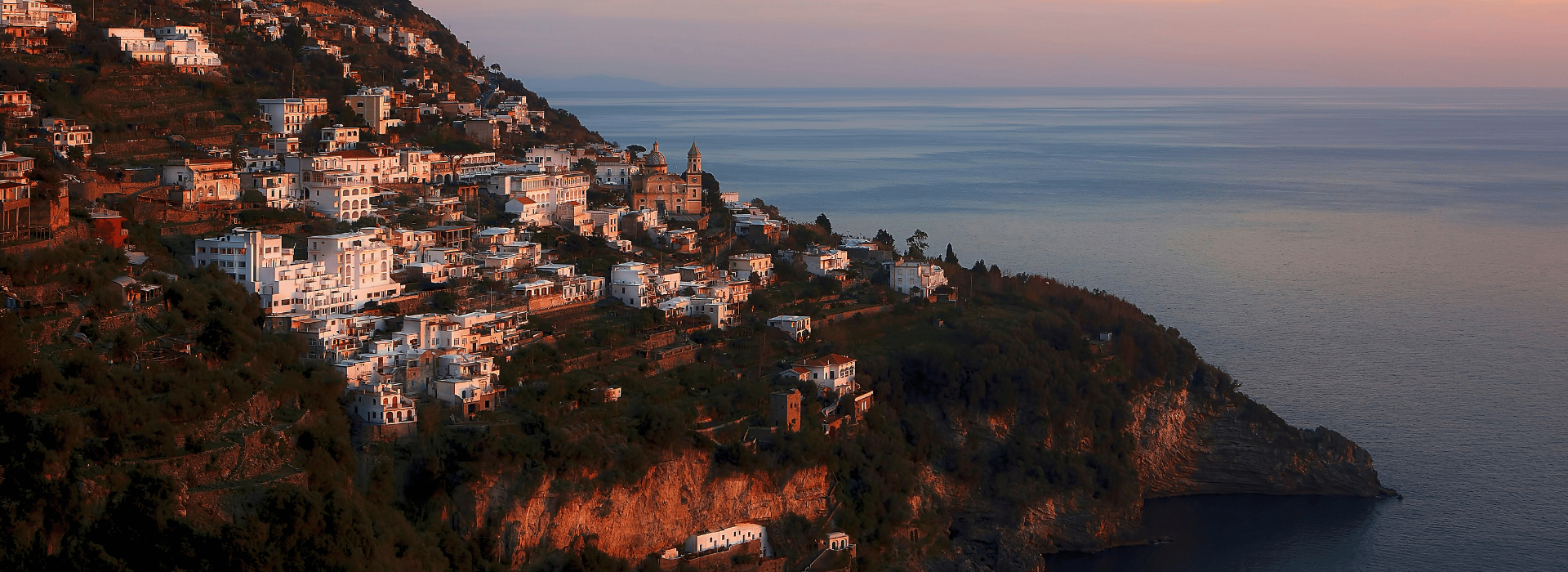
Chapter 2 – Drivers of change : climate, environment and socio-economics
- Upstream pressures including socio-economic, political, and environmental trends
- Projected climate changes, compound risks and extreme events
- Interconnected feedbacks and systemic risks
Murat Belivermis: Istanbul University, Türkiye
Silvio Gualdi: Euro-Mediterranean Center on Climate Change (CMCC), Italy
Stefanos Nastis: Aristotle University of Thessaloniki, Greece
Magda Bou Dagher Kharrat: European Forest Institute – Saint Joseph University of Beirut, Spain / Lebanon
Michael Briguglio: University of Malta,Malta
Sofia Darmaraki: Foundation for Research and Technology, Hellas (FORTH), Greece
Mita Drius: Free University of Bolzano-Bozen, Italy
Žiga Malek: University of Ljubljana, Biotechnical faculty, Slovenia; International Institute for Applied Systems Analysis (IIASA), Austria
Alexandra Monteiro: University of Aveiro, Portugal
Stefano Piraino: Università del Salento, Lecce, Italy; Consorzio Nazionale Interuniversitario per le Scienze del Mare, Rome, Italy
Francesca Raffaele: The Abdus Salam International Centre for Theoretical Physics (ICTP); Istituto Nazionale di Oceanografia e di Geofisica Sperimentale, OGS, Italy
Elias Symeonakis: Manchester Metropolitan University, United Kingdom
Veronica Torralba: Barcelona Supercomputing Center (BSC-CNS), Spain
George Zittis: The Cyprus Institute, Cyprus
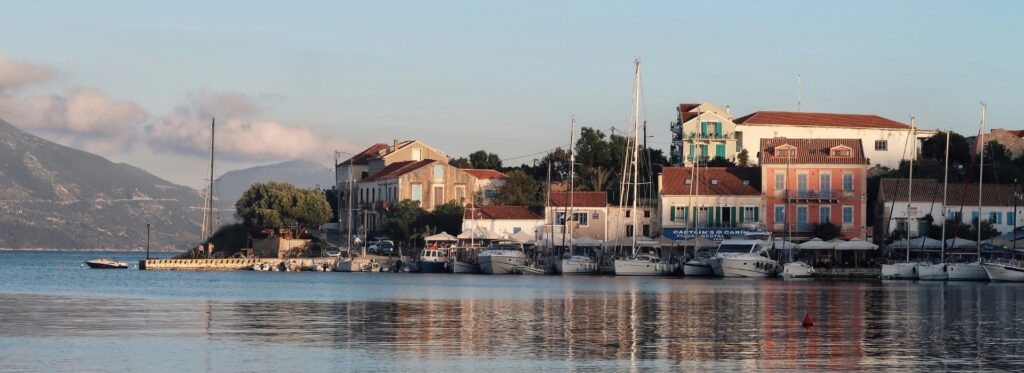
Chapter 3 – Impacts and risks: human and natural systems
- Current and future downstreams impacts
- Inequality, cascading risks, and conflict-related vulnerabilities
- Sectoral interdependence and socio-economic disparities across the region
Margarita Garcia-Vila: Institute for Sustainable Agriculture, CSIC, Spain
Nassos Vafeidis: Coastal Risks & Sea-level Rise Research Group, Kiel University, Germany
Jamila Souilah Ben Souissi: National Institute of Agronomy of Tunisia, Laboratory of Biodiversity, Biotechnology and Climate Change, Tunisia
Alessandra Bonazza: National Research Council of Italy – Institute of Atmospheric Sciences and Climate (CNR-ISAC), Italy
Irem Daloglu Cetinkaya: Boğaziçi University, Türkiye
Joris Eekhout: Soil and Water Conservation Research Group, Spanish National Research Council (CEBAS-CSIC), Spain
Paris Fokaides: Frederick University, Cyprus
Claudia Gutiérrez: Universidad de Alcalá, Spain
Sandra Saura-Mas: CREAF and Universitat Autònoma de Barcelona, Spain
Yves Tramblay: French National Research Institute for Sustainable Development (IRD), France
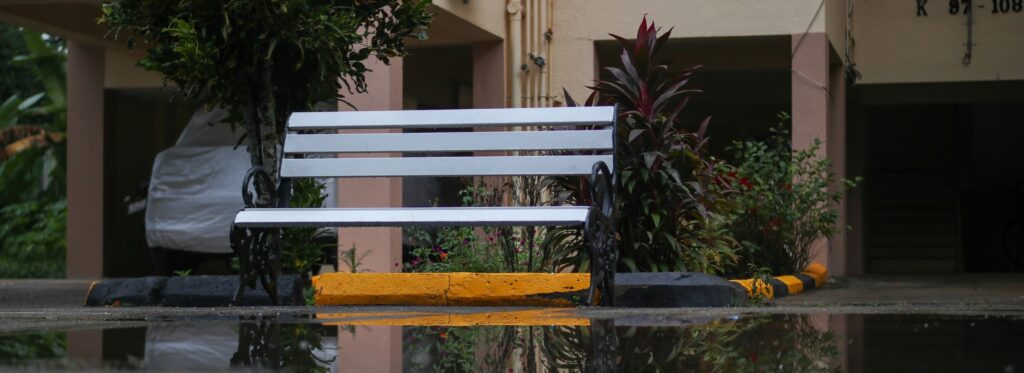
Chapter 4 – Adaptation options and enablers
Systemic, community-led, technological, and institutional responses to build long-term resilience.
Tristan Berchoux: International Centre for Advanced Mediterranean Agronomic Studies – Mediterranean Agronomic Institute of Montpellier (CIHEAM-IAMM), France
Marta Debolini: Euro-Mediterranean Center on Climate Change (CMCC), Italy
Virginie Baldy: Aix-Marseille Université, France
Nazli Demirel: Istanbul University, Türkiye
Carmen Guida: Università degli Studi di Napoli Federico II, Italy
Hicham Mastouri: University Mohammed VI Polytechnic, Morocco
Ali Rhouma: Partnership for Research and Innovation in the Mediterranean Area (PRIMA Foundation), Spain
Monica Salvia: National Research Council of Italy (CNR-IMAA) – Institute of Methodologies for Environmental Analysis, Italy
Marlene Ann Tomaszkiewicz: United Nations Economic and Social Commission for Western Asia (ESCWA), Lebanon
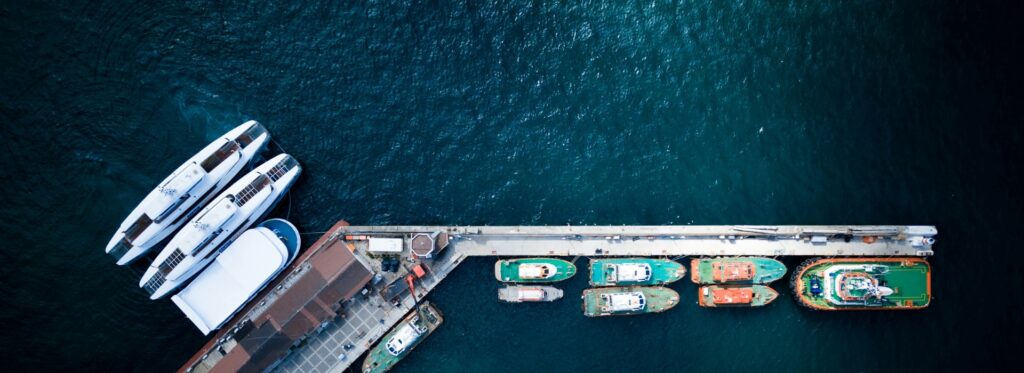
Chapter 5 – Mitigation and decarbonization
- Pathways to reduce emissions, including sectoral mitigation strategies and nature-based solutions
- Trade-offs and co-benefits of mitigation efforts
Adel Ben Youssef: University Côte d’Azur, France; Economic Research Forum, Egypt
Chiara De Notaris: Euro-Mediterranean Center on Climate Change (CMCC), Italy
Donata Melaku Canu: Istituto Nazionale di Oceanografia e di Geofisica Sperimentale, Italy
Filomena Pietrapertosa: National Research Council of Italy – Institute of Methodologies for Environmental Analysis (CNR-IMAA), Italy
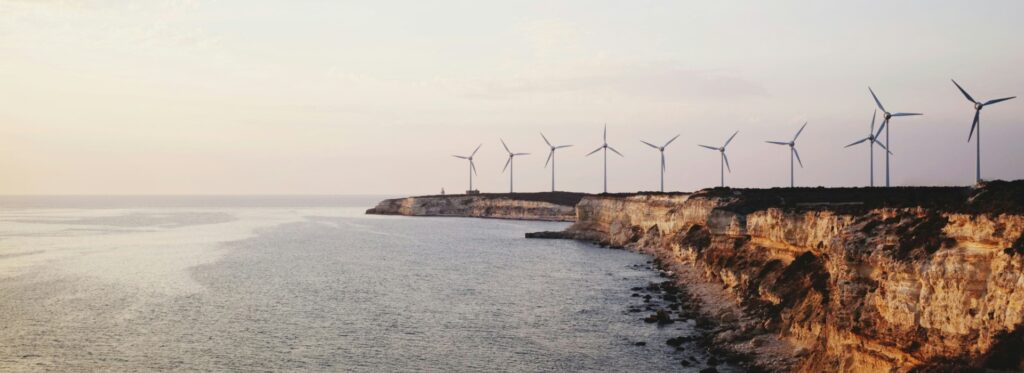
Chapter 6 – Policies, governance, economic instruments, and financing transitions
- Mechanisms to enhance inclusivity, coherence, and transformative capacity
- Financial, trade, and valuation tools enabling or hindering action
Assem Reda Abu Hatab: The Nordic Africa Institute, Sweden; Swedish University of Agricultural Sciences, Sweden; Arish University, Egypt
Carlo Giupponi: Ca’ Foscari University Venice; Italy
Mohamed Ahmed Wageih: Partnership for Research and Innovation in the Mediterranean Area (PRIMA Foundation), Spain
Lidia Lenuta Balan: Comoti – Romanian Research & Development Institute for Gas and Turbine development, Romania
Abdelmohssin El Mokaddem: Hassan II Institute of Agronomy and Veterinary Medicine (IAV Hassan II), Morocco
Georgios Kleftodimos: International Centre for Advanced Mediterranean Agronomic Studies – Mediterranean Agronomic Institute of Montpellier (CIHEAM-IAMM), France
Elena Lopez Gunn: Icatalist and Royal Elcano Institute, Spain
Maria Papadopoulou: National Technical University of Athens, Greece
Alicia Perez-Porro: Centre for Ecological Research and Forestry Applications (CREAF), Spain
Cesare Scartozzi: Consultative Group on International Agricultural Research (CGIAR), Italy
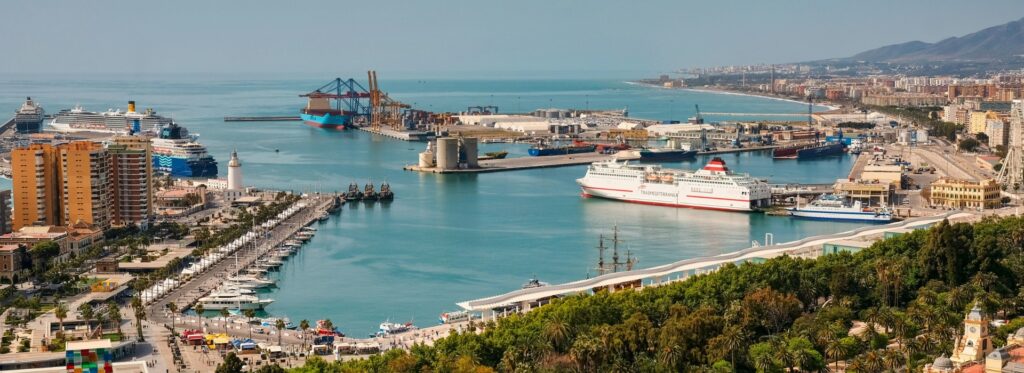
Chapter 7 – Societal transformation for a sustainable future
Transformative change across systems, societies, and institutions to meet long-term goals.
Mohamed Behnassi: Economic Social and Environmental Council (CESE), Morocco
Elisa Furlan: Euro-Mediterranean Center on Climate Change (CMCC), Italy
Feliu López-i-Gelats: Agroecology and Food Systems Chair (University of Vic-Central University of Catalonia), Spain
Rachid Mrabet: INRA, Morocco
Désirée A.L. Quagliarotti: CNR, Italy
Mar Satorras: Institut Metròpoli, Spain
Eirini Skrimizea: Harokopio University of Athens, Greece
